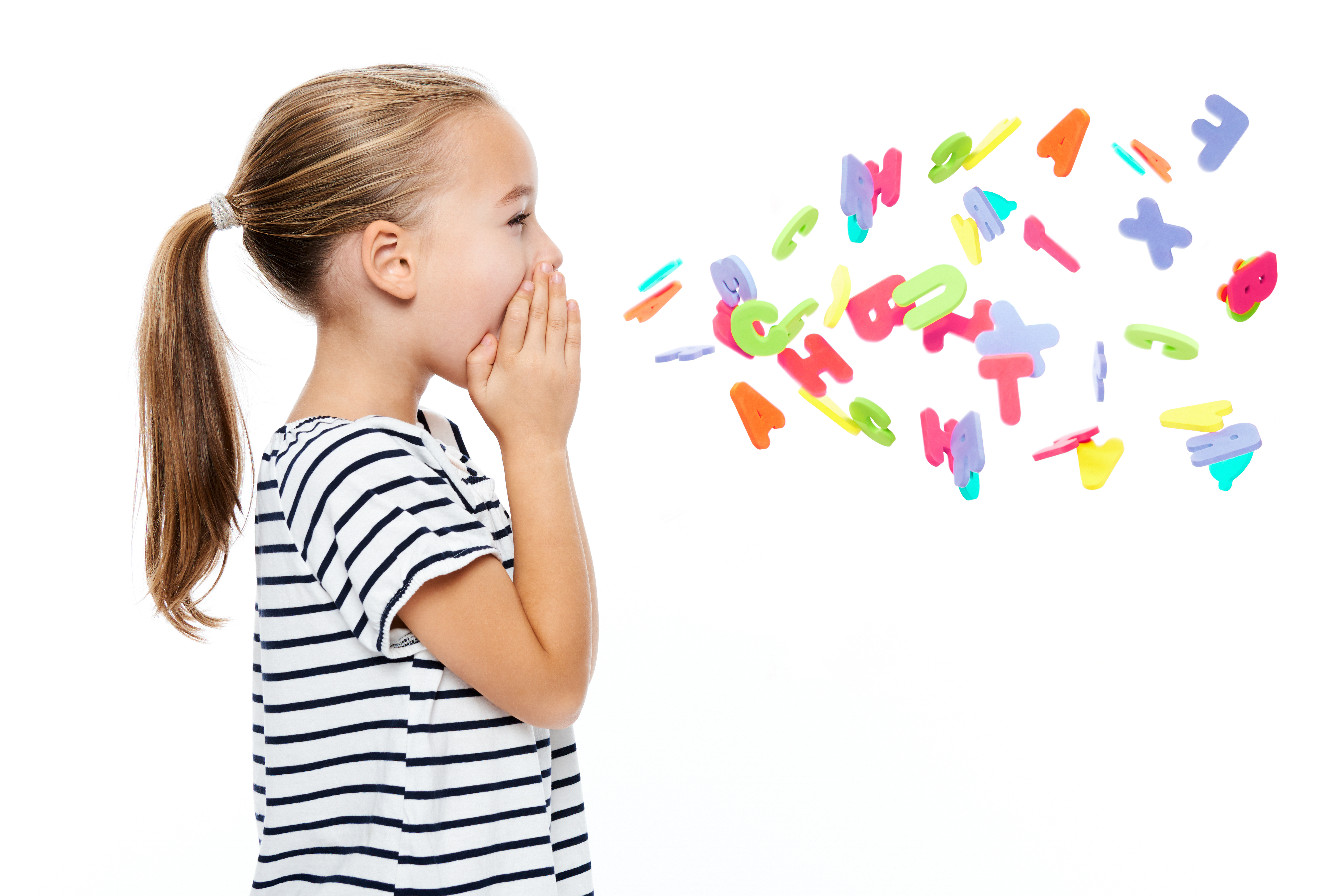

Treating a speech delay Speech-language therapy If your child isn’t speaking, it may be a cognitive issue rather than an inability to form words. Speech can be delayed due to an intellectual disability. In the case of cerebral palsy, hearing loss or other developmental disabilities can also affect speech.


impaired verbal and nonverbal communicationĬertain neurological disorders can affect muscles necessary for speech.repeating phrases (echolalia) instead of creating phrases.Speech and language problems are very often seen with autism spectrum disorder. Abuse, neglect, or lack of verbal stimulation can keep a child from reaching developmental milestones. It’s hard to pick up on speech if no one engages with you.Įnvironment plays a crucial role in speech and language development. We learn to speak to get in on the conversation. Sometimes a speech or language delay may be the only noticeable sign. However, signs of hearing loss may be very subtle. One sign of hearing loss is that your child doesn’t acknowledge a person or object when you name them but does if you use gestures. Hearing lossĪ toddler who can’t hear well, or hears distorted speech, is likely to have difficulty forming words. It doesn’t affect nonverbal communication or language comprehension. One cause of speech, language, and other developmental delays is premature birth.Ĭhildhood apraxia of speech is a physical disorder that makes it hard to form sounds in the right sequence to form words. Some speech and language disorders involve brain function and may be indicative of a learning disability. One who can say a few words but can’t put them into understandable phrases may have a language delay. Speech and language disordersĪ 3-year-old who can comprehend and nonverbally communicate but can’t say many words may have a speech delay. Tongue-tie can also make it hard for infants to breastfeed. This can make it difficult to create certain sounds, particularly: In a condition called ankyloglossia (tongue-tie), the tongue is connected to the floor of the mouth. Problems with the mouthĪ speech delay can indicate an issue with the mouth, tongue, or palate. But speech or language delays can also tell something about overall physical and intellectual development. It’s not necessary to make a distinction to have an evaluation and start treatment.Ī speech delay may mean that their timetable is a little different and they’ll catch up. If you don’t know which one your child may have, don’t worry. They may have difficulty understanding others.Ĭhildren can have a speech delay or a language delay, but the two conditions sometimes overlap. A toddler with a language delay may make the correct sounds and pronounce some words, but they can’t form phrases or sentences that make sense. A speech delay doesn’t involve comprehension or nonverbal communication.Ī language delay involves understanding and communicating, both verbally and nonverbally. A toddler with a speech delay may try but have trouble forming the correct sounds to make words. Speech is the physical act of producing sounds and saying words. How speech and language delays are differentĪlthough the two are often difficult to tell apart - and frequently referred to together - there are some differences between a speech and language delay. Continue reading to learn the signs of a speech delay in toddlers, early interventions, and how you can help. Many types of speech delay can be effectively treated. A speech delay can also be due to hearing loss or underlying neurological or developmental disorders. You may simply have a late bloomer who’ll be talking your ear off in no time. If your child has a speech delay, it doesn’t always mean something is wrong. Developmental milestones help gauge your child’s progress, but they’re just general guidelines. If your toddler hasn’t met those milestones, they may have a speech delay. By age 3, their vocabulary increases to about 1,000 words, and they’re speaking in three- and four-word sentences. A typical 2-year-old can say about 50 words and speak in two- and three-word sentences.


 0 kommentar(er)
0 kommentar(er)
